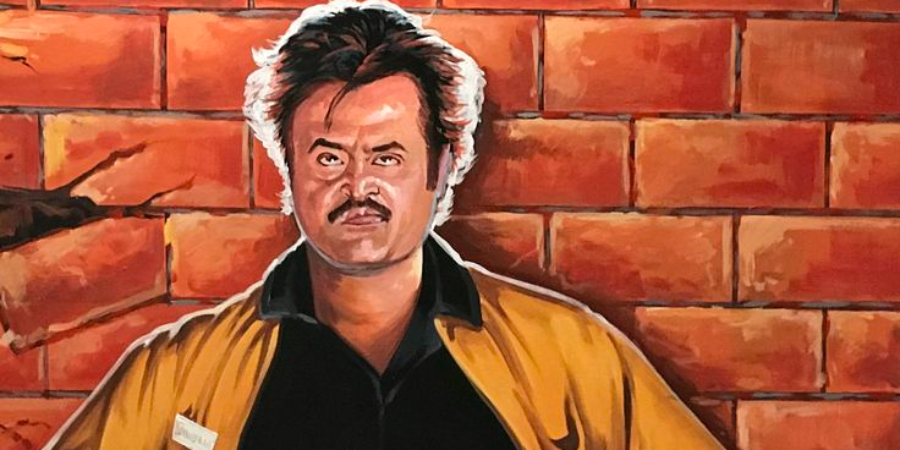

Tamil cinema has produced many iconic films, but few have left an indelible mark on the cultural landscape quite like *Baasha* (1995). Directed by Suresh Krissna and starring the legendary Rajinikanth, this film is a perfect blend of action, drama, and emotional depth that continues to captivate audiences, nearly three decades after its release. *Baasha* is not just a film; it is a phenomenon that transformed Rajinikanth from a superstar into a demi-god in the eyes of his fans.
At the heart of *Baasha* is the story of Manickam, a humble auto-rickshaw driver with a mysterious past. His quiet life is disrupted when a local gangster threatens his family, forcing him to confront his old life as Baasha, an underworld don in Mumbai. The film follows Manickam's internal struggle as he tries to protect his loved ones without returning to his violent past. This duality of character—Manickam as the gentle brother and Baasha as the feared don—is brought to life by Rajinikanth's powerful performance.
What makes *Baasha* a standout film is its perfect blend of mass appeal and storytelling. The film delivers everything fans expect from a Rajinikanth starrer—punch dialogues, larger-than-life action sequences, and charismatic screen presence—while also offering a compelling emotional core. The famous line, "Naan oru thadava sonna, nooru thadava sonna maari" (If I say something once, it’s equivalent to saying it a hundred times), became a defining moment not just for the character but for Rajinikanth's on-screen persona.
Suresh Krissna's direction is sharp and focused, allowing the narrative to build tension as the layers of Manickam's past are slowly peeled away. The film's screenplay, written by Suresh Krissna and Balakumaran, ensures a smooth balance between emotional scenes and the action-packed sequences that define Baasha’s world. Deva's music score, particularly the background theme for Baasha, is iconic and still sends chills down the spine of the audience.
The film's success can also be attributed to its relevance at the time. Released in the mid-1990s, *Baasha* reflected the socio-political landscape of Tamil Nadu, where power, loyalty, and justice resonated deeply with the public. It became more than just a film—it was a statement, an aspiration for the masses.
Even today, *Baasha* continues to be a cultural touchstone, with references to the film appearing in popular media and everyday conversation. Its influence on Tamil cinema, and Rajinikanth’s career, is unparalleled, cementing its place as a timeless classic in the annals of Indian cinema.


